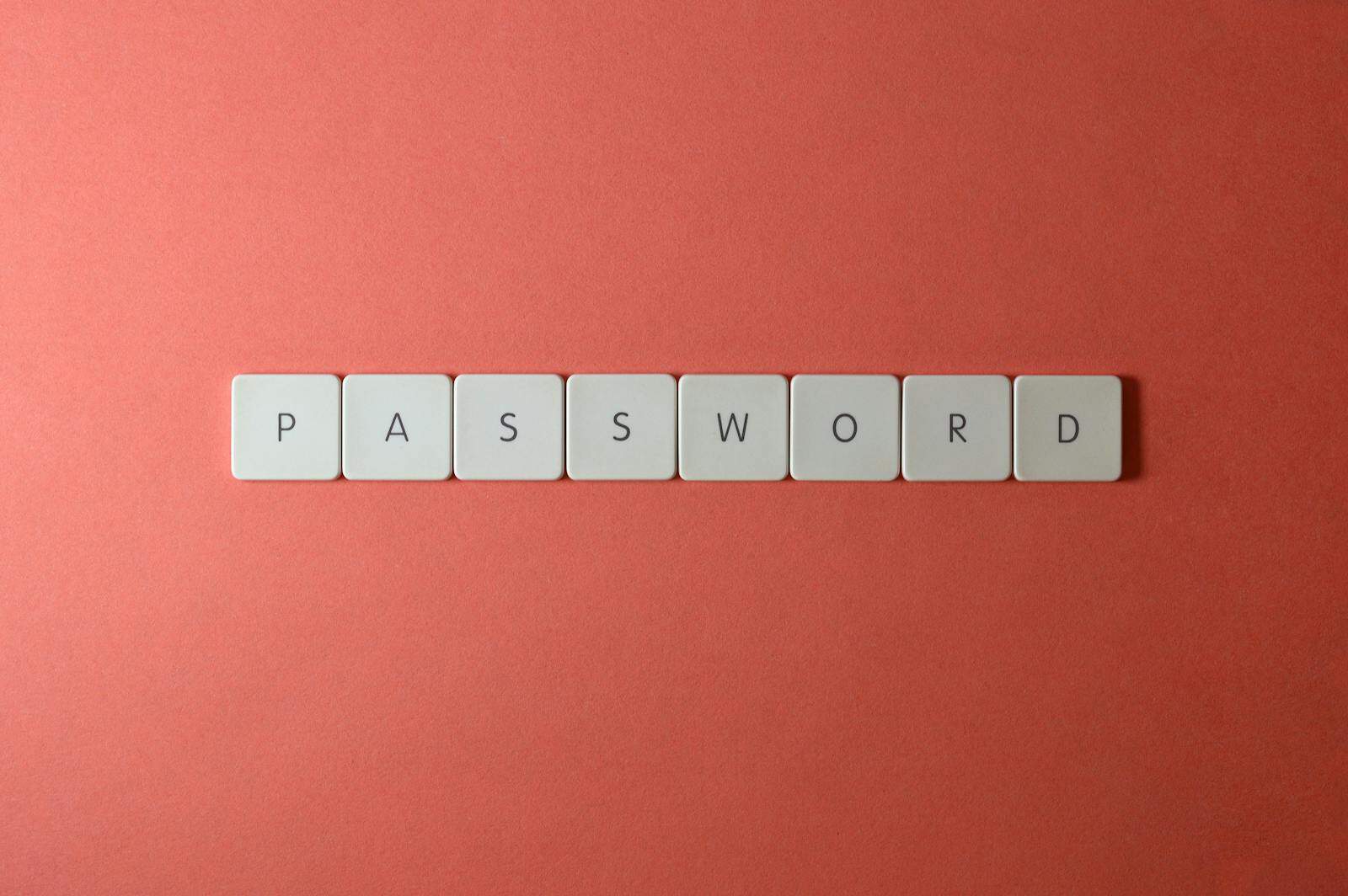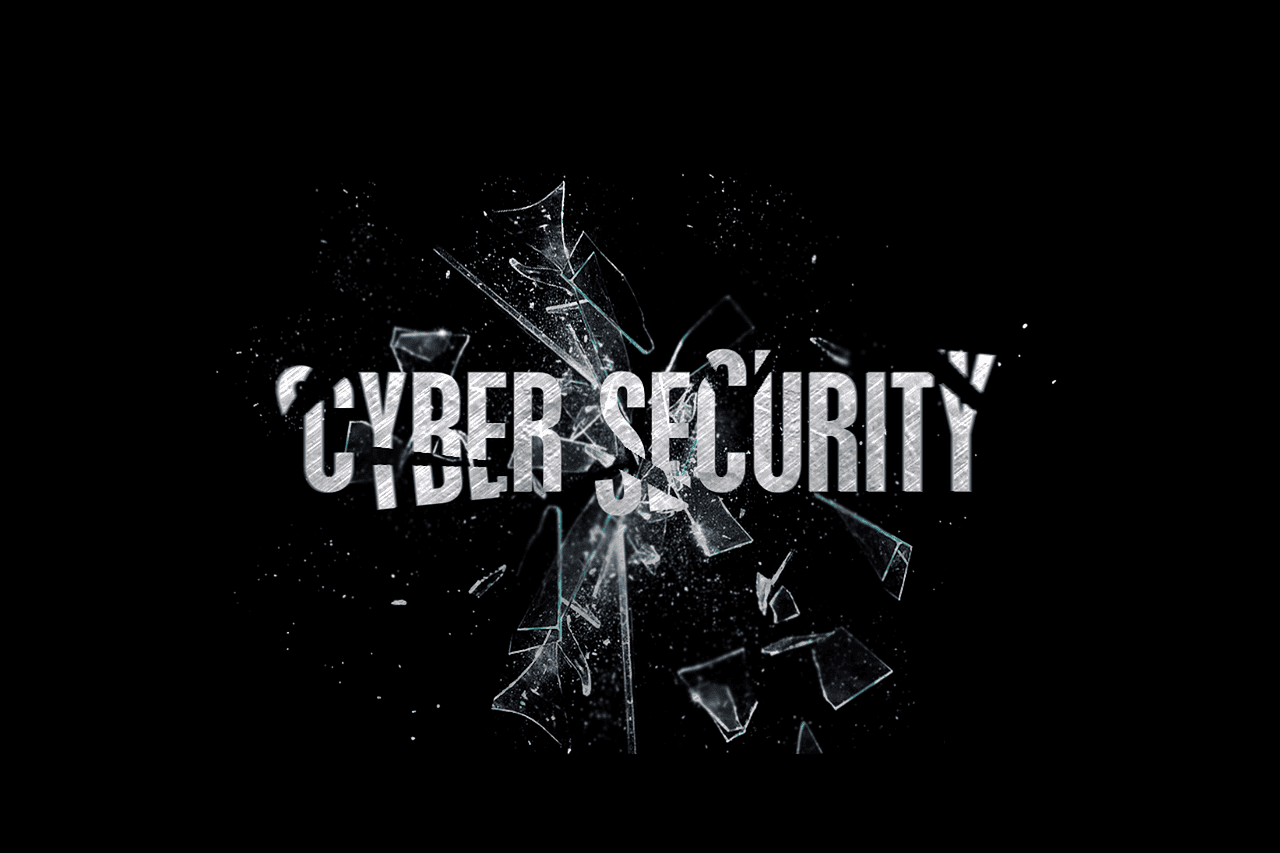A data breach occurs when unauthorized individuals gain access to sensitive information, which can include personal identification details, financial records, or proprietary business data. You may find yourself wondering how these breaches happen.
Often, they result from cyberattacks, such as phishing schemes or malware infections, but they can also occur due to human error or inadequate security measures. Understanding the mechanics of data breaches is crucial for anyone who interacts with technology, as it empowers you to take proactive steps to safeguard your information.
The implications of a data breach can be severe and far-reaching. For individuals, the loss of personal data can lead to identity theft, financial loss, and emotional distress. For businesses, the consequences can be even more dire, including reputational damage, legal ramifications, and significant financial costs associated with recovery efforts. It’s essential to recognize that data breaches are not just abstract threats; they can have real-world impacts on your life and the lives of those around you.
By understanding the nature of these breaches, you can better appreciate the importance of implementing robust security measures.
Key Takeaways
- Data breaches can occur through various means such as hacking, phishing, or physical theft of devices.
- Data protection is crucial for safeguarding sensitive information and maintaining customer trust.
- Strong password policies, including regular updates and complexity requirements, are essential for preventing unauthorized access.
- Securing networks and systems through firewalls, antivirus software, and regular monitoring is vital for preventing data breaches.
- Educating employees on data security best practices and the potential consequences of data breaches is key to maintaining a secure environment.
Importance of Data Protection
Data protection is not merely a technical requirement; it is a fundamental aspect of maintaining trust in our interconnected world. As you engage with various online platforms, you are often required to share personal information, whether it’s for social media accounts, online shopping, or banking services. The importance of protecting this data cannot be overstated.
When you take steps to secure your information, you are not only safeguarding your own privacy, but contributing to a broader culture of security that benefits everyone. Moreover, the legal landscape surrounding data protection is evolving rapidly. Regulations such as the General Data Protection Regulation (GDPR) in Europe, and the California Consumer Privacy Act (CCPA) in the United States impose strict requirements on how organizations handle personal data.
As an individual, being aware of these regulations can empower you to demand better practices from companies that collect your information. Understanding your rights regarding data protection can help you make informed decisions about where and how you share your personal details.
Click to contact Teracore for secure WordPress Hosting >
Implementing Strong Password Policies

One of the simplest and most effective ways to protect your data is by implementing strong password policies. You may be surprised to learn that many data breaches occur due to weak or easily guessable passwords. A strong password typically includes a mix of uppercase and lowercase letters, numbers, and special characters, making it significantly harder for cybercriminals to crack.
When you create passwords for your accounts, consider using phrases or sentences that are meaningful to you, but difficult for others to guess. In addition to creating strong passwords, it’s essential to adopt good password management practices. This includes changing your passwords regularly and avoiding the use of the same password across multiple accounts.
Use a password manager, which can help you generate and store complex passwords securely. The Bitwarden free personal plan is a good password manager that you can use free of charge.
Securing Networks and Systems
Securing your networks and systems is another critical component of data protection. Whether you are using a home Wi-Fi network or managing a corporate infrastructure, ensuring that your systems are secure is paramount. Start by changing default passwords on routers and other devices, as these are often well-known and easily exploited by attackers.
Enable network encryption to help protect the data transmitted over your network from prying eyes. Firewalls and antivirus software are essential tools in your security arsenal. Firewalls act as barriers between your internal network and external threats, while antivirus software helps detect and eliminate malicious software before it can cause harm.
Regularly monitoring your network for unusual activity can further enhance your security posture. By taking these proactive measures, you create a robust defense against potential breaches that could compromise your sensitive information.
Educating Employees on Data Security
If you are part of an organization, educating employees on data security is vital for creating a culture of awareness and vigilance. Many data breaches occur due to human error, or lack of knowledge about security protocols. By providing training sessions and resources on best practices for data protection, you empower employees to recognize potential threats and respond appropriately.
This education should cover topics such as identifying phishing attempts, understanding the importance of secure passwords, and knowing how to handle sensitive information. By fostering an environment where employees feel comfortable reporting suspicious activity, you can significantly enhance your organization’s security posture. Encourage open communication about security concerns and provide clear guidelines on how to report potential breaches or vulnerabilities.
When employees understand their role in maintaining data security, they become active participants in protecting both their own information and that of the organization.
Regular Software Updates and Patches

Keeping software up to date is fundamental. Software developers frequently release updates and patches to address vulnerabilities that could be exploited by cybercriminals. Enable automatic updates whenever possible, or regularly check for updates manually. By doing so, you ensure that you are protected against known threats that could compromise your data. Neglecting software updates can leave your systems vulnerable to attacks that exploit outdated software. Cybercriminals often target known vulnerabilities in widely used applications, making it essential for you to stay ahead of potential threats.
Regularly updating your software not only enhances security but also improves functionality and performace.
Encryption and Data Backup
By converting sensitive information into a coded format that can only be accessed with a specific key or password, encryption adds an extra layer of protection to your data. Whether you are storing files on your computer or transmitting information over the internet, utilizing encryption can significantly reduce the risk of unauthorized access.
Incorporating encryption into your strategy is a wise choice. In addition to encryption, regular data backups ensure that you do not lose critical information in the event of a breach or system failure. You should establish a routine for backing up important files. Consider using both local storage solutions and cloud-based services for redundancy.
By having multiple copies of your data stored securely, you can quickly recover from incidents without suffering significant losses.
Click to contact Teracore for secure WordPress Hosting >
Responding to Data Breaches
Despite your best efforts at prevention, it’s important to recognize that no system is entirely immune to breaches. Having a response plan in place is crucial for minimizing damage if a breach does occur. Develop a clear protocol outlining the steps to take in the event of a data breach, including identifying the source of the breach, containing the threat, and notifying affected parties promptly.
Communication is key during a breach response. If you are part of an organization, ensure that there is a designated team responsible for managing breach incidents and communicating with stakeholders. Transparency about what happened, and what steps are being taken can help maintain trust with customers and employees. By preparing for potential breaches in advance, you position yourself to respond effectively and mitigate the impact on your organization or personal life.
In conclusion, understanding data breaches and implementing robust security measures is essential in today’s digital age. By prioritizing data protection through strong password policies, network security, employee education, regular software updates, encryption, and effective response strategies, you can significantly reduce the risk of falling victim to cyber threats.
As technology continues to evolve, staying informed about best practices will empower you to navigate the digital world safely and securely.
When it comes to data breach prevention, it is crucial to implement strong security measures. Implementing WordPress security can further strengthen defenses against potential data breaches. Check out this article on 7 WordPress Security Hardening Tips for valuable insights on safeguarding your website from cyber attacks.
FAQs
What is a data breach?
A data breach is a security incident in which sensitive, protected or confidential data is accessed, stolen, or used by an unauthorized individual or entity.
What are the common causes of data breaches?
Common causes of data breaches include phishing attacks, malware, weak passwords, insider threats, and vulnerabilities in software or hardware.
How can organizations prevent data breaches?
Organizations can prevent data breaches by implementing strong security measures such as encryption, access controls, regular security training for employees, and keeping software and systems up to date.
What are the potential consequences of a data breach?
The potential consequences of a data breach include financial losses, damage to reputation, legal and regulatory penalties, and loss of customer trust.
What should individuals do to protect their personal data from breaches?
Individuals can protect their personal data from breaches by using strong, unique passwords, enabling two-factor authentication, being cautious of phishing attempts, and regularly monitoring their financial accounts for any suspicious activity.



